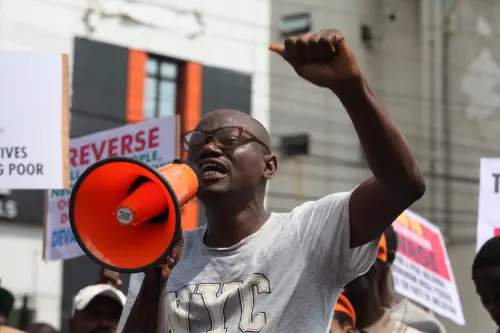

10:00 am EST - 11:00 am EST
Past Event
Nearly two years after the Democratic Republic of the Congo (DRC) saw a peaceful transfer of power to President Félix Tshisekedi following a nevertheless flawed election, numerous significant political and economic developments have transpired in the country. The president’s chief of staff, Vital Kamerhe, was convicted on corruption charges; violent conflicts have increased in the eastern DRC; civil society has mounted increasing anti-corruption campaigns; and a major political reconfiguration is currently underway that may significantly change the shape of reforms. Meanwhile, in a bipartisan letter, the U.S. Senate highlighted the need for urgent anti-corruption and electoral reforms in the country and the International Monetary Fund is considering a significant loan to stabilize the country’s economy, pending anti-corruption reforms.
On Friday, Dec. 18, the Foreign Policy program at Brookings hosted a panel discussion examining the issues and the possible U.S. policy options to address them.
Viewers submitted questions via email to [email protected] or on Twitter using #DRCSecurity.
Discussant
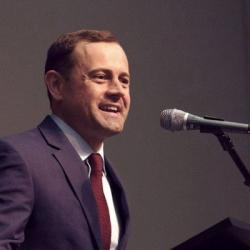
Panelist

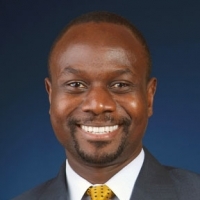
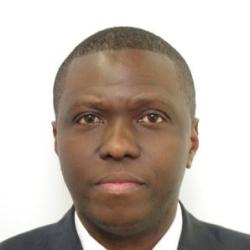

Nathalie Delapalme, Landry Signé
April 2, 2025
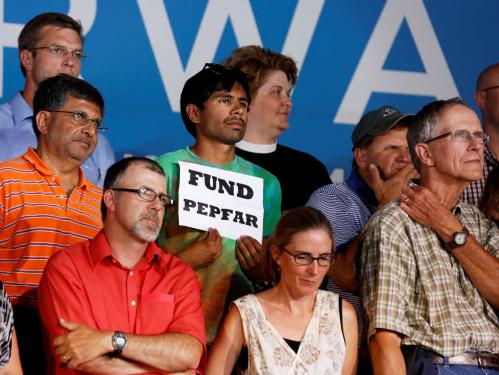
Belinda Archibong
November 27, 2024
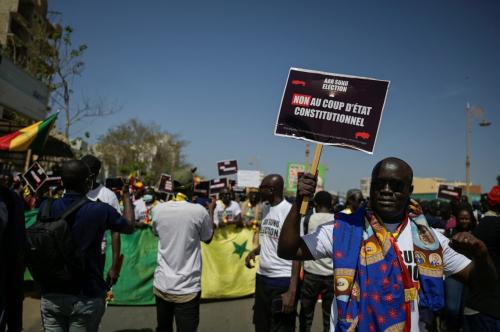
Joseph Asunka, Landry Signé
May 15, 2024